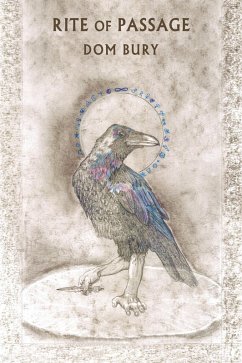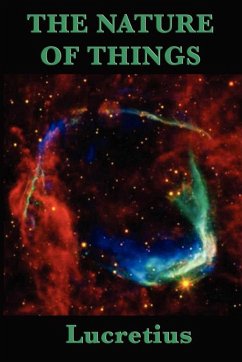
A Bird Called Elaeus (eBook, ePUB)
poems for here and now from The Greek Anthology
Versandkostenfrei!
Sofort per Download lieferbar
8,95 €
inkl. MwSt.
Weitere Ausgaben:

PAYBACK Punkte
4 °P sammeln!
In A Bird Called Elaeus, poet and translator David Constantine presents a selection of poems from The Greek Anthology, a collection of around 4500 poems composed over more than 1500 years by around 300 authors.The Greek Anthology is a marvellous salvage from the vast shipwreck of the Ancient World, a colossal continuity and variety from pre-classical times through Roman into Byzantine. For A Bird Called Elaeus his small anthology of the vast original David Constantine has gone particularly not just to the renowned love poems but also to poems that treat man's dealings with the earth, his work ...
In A Bird Called Elaeus, poet and translator David Constantine presents a selection of poems from The Greek Anthology, a collection of around 4500 poems composed over more than 1500 years by around 300 authors.
The Greek Anthology is a marvellous salvage from the vast shipwreck of the Ancient World, a colossal continuity and variety from pre-classical times through Roman into Byzantine. For A Bird Called Elaeus his small anthology of the vast original David Constantine has gone particularly not just to the renowned love poems but also to poems that treat man's dealings with the earth, his work and trades there, the creatures other than himself who inhabit it and the divinities whose care it is. Through his translations, Constantine brings already urgent poems closer to home and our drift towards the Sixth Extinction. For the Ancient World was not populated by humans harmless to Mother Earth, not at all: often they, like us, did the worst their means enabled them to do. Still there were laws. These things you must not do. Doing them nevertheless was understood as transgression of laws beyond the human laws. You offended Demeter at your peril. Understand that how we like, it's the same now. And the peril is infinitely greater, threatens to be final, consuming the innocent with the guilty.
The Greek Anthology is a marvellous salvage from the vast shipwreck of the Ancient World, a colossal continuity and variety from pre-classical times through Roman into Byzantine. For A Bird Called Elaeus his small anthology of the vast original David Constantine has gone particularly not just to the renowned love poems but also to poems that treat man's dealings with the earth, his work and trades there, the creatures other than himself who inhabit it and the divinities whose care it is. Through his translations, Constantine brings already urgent poems closer to home and our drift towards the Sixth Extinction. For the Ancient World was not populated by humans harmless to Mother Earth, not at all: often they, like us, did the worst their means enabled them to do. Still there were laws. These things you must not do. Doing them nevertheless was understood as transgression of laws beyond the human laws. You offended Demeter at your peril. Understand that how we like, it's the same now. And the peril is infinitely greater, threatens to be final, consuming the innocent with the guilty.
Dieser Download kann aus rechtlichen Gründen nur mit Rechnungsadresse in A, D ausgeliefert werden.













